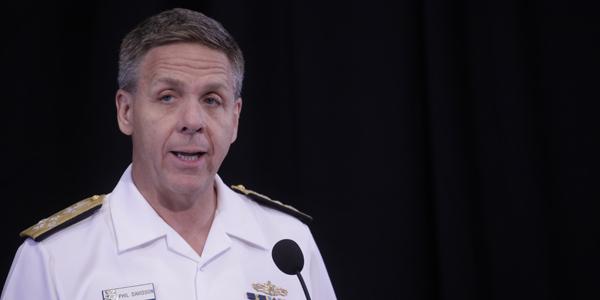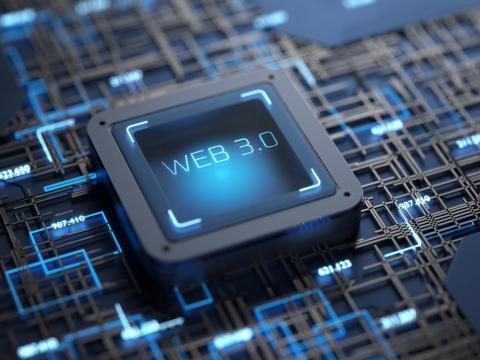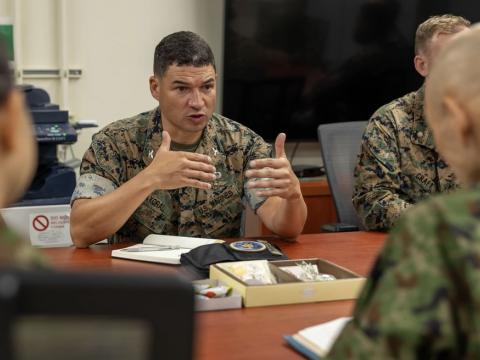Cyber Assumes New Role in U.S. Indo-Pacific Command
The U.S. Indo-Pacific Command (INDOPACOM) is seeking the capabilities and enabling technologies to conduct “full-spectrum cyber operations” in its vast region of responsibility, according to its commander. Adm. Philip S. Davidson, USN, commander of the U.S. Indo-Pacific Command, described this new cyber push at the keynote luncheon on the first day of AFCEA’s TechNet Asia-Pacific 2018, held November 14-16 in Honolulu.
Adm. Davidson said, “I am looking for … all those pieces that let us plan, integrate, synchronize, direct, monitor and assess and plan full-spectrum cyberspace operations—all those technologies that let us protect and enable our decision superiority while holding our adversaries’ information and decision-making capability at risk.”
Everything we do at INDOPACOM hinges on seamless integration with our allies and partners, so include in your planning ways to focus on interoperability.—Adm. Philip S. Davidson, USN, commander U.S. Indo-Pacific Command #AFCEATechNet
— Bob Ackerman (@rkackerman) November 13, 2018
He also called for “improved collective cybersecurity” along with the ability for coalition partners to work together in cyberspace operations. “Everything we do at INDOPACOM hinges on seamless integration with our allies and partners, so include in your planning ways to focus on interoperability,” he told industry members. He also warned against offering “U.S.-only solutions.”
We need to improve collective cybersecurity and the ability to work together in cyberspace during coalition operations.—Adm. Philip S. Davidson, USN, commander U.S. Indo-Pacific Command #AFCEATechNet
— Bob Ackerman (@rkackerman) November 13, 2018
Addressing cyberspace threats will require a “whole of society approach” that will entail working with industry, all levels of government and allies. He offered as an example how INDOPACOM is working with the Department of Homeland Security, the private sector and state and local government to help protect Hawaii’s critical infrastructure. The command’s mission assurance is highly dependent on the state’s infrastructure and utilities, and a targeted attack on any of them could severely degrade its ability to protect the homeland and project force in the Indo-Pacific region, the admiral emphasized.
The relentless drive to develop new technologies is expanding to more actors with lower barriers of entry.—Adm. Philip S. Davidson, USN, commander U.S. Indo-Pacific Command #AFCEATechNet
— Bob Ackerman (@rkackerman) November 13, 2018
“Our cyber adversaries seek to infiltrate our critical infrastructure, including our electrical grid, so that in some future conflict they might have the opportunity to shut down the nerve center of American energy and our way of life,” he pointed out. “Our digital adversaries are taking advantage of all of us.”





Comment
I am working with students in
I am working with students in a joint operations course.
Comments